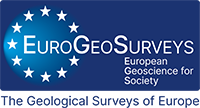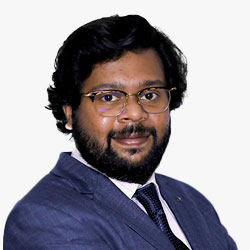
Ruban Jacob
Associate Director - GKI | Geospatial World | India

Francesco Pizzocolo
Program Manager Geological Service for Europe | TNO | The Netherlands

David Schofield
Director of National and International Geoscience | British Geological Survey | UK
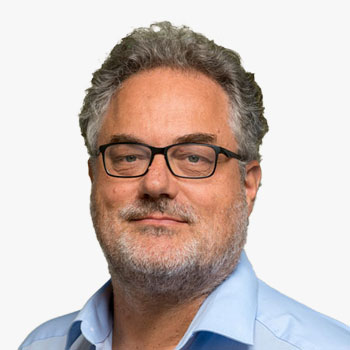
Michiel van der Meulen
Chief Geologist | TNO
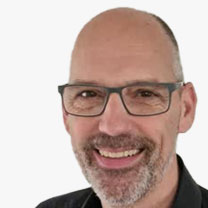
Stephan Gruijters
Senior Project Manager | TNO
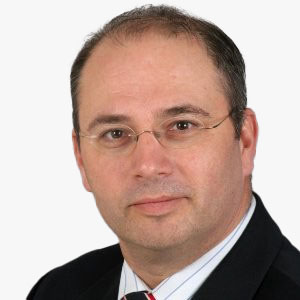
Martin Peersmann
Program Manager - BRO | Ministry of Interior and Kingdom Relations | The Netherlands
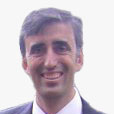
Luca Guerrieri
Technological Manager | ISPRA
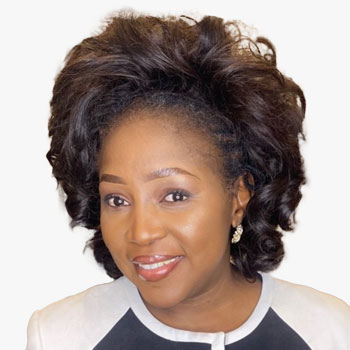
Lesego Peter
Director of Information Delivery | Botswana Geoscience Institute | Botswana
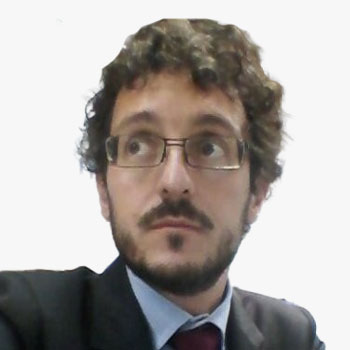
Fernando Bellotti
Structural Geologist | TRE ALTAMIRA | Italy

Julia Zanin Shimbo
Researcher | IPAM | Brazil
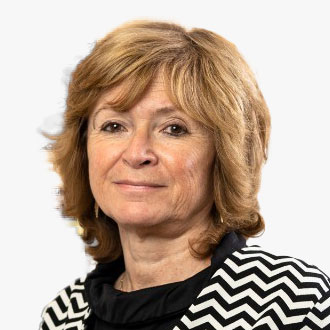
Duska Rokavec
Senior Geologist | Geological Survey of Slovenia
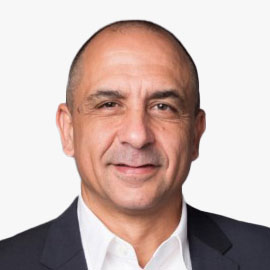
Elly Perets
CEO | Asterra | Israel

Fabio Villa
Head of Geospatial | IMAGEO srl | Italy
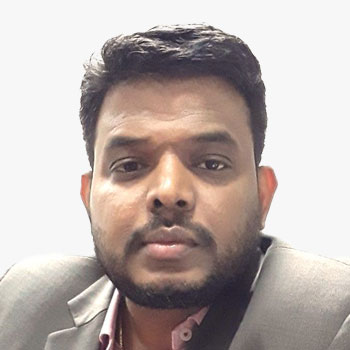
Muthu kumaran Arjunan
Practice Lead | Infosys BPM | India
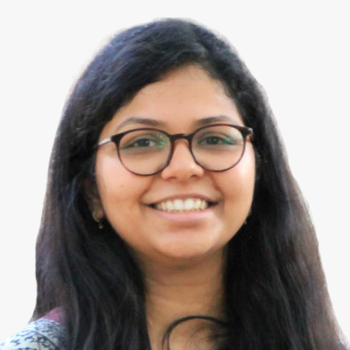

Shaily is a GIS expert with 10 years of experience. She has completed her Ph.D. from CEPT University in 2018 in Geospatial Technology, and expertise in bridging the gap between GIS & governance. She has got her Masters degree in Geoinformatics from Symbiosis, Pune in 2012. Shaily has been recently appointed as the Program Chair for the M.Tech program in Geomatics (MGeo), at the Faculty of Technology. She brings a wonderful blend between academics and practice. Shaily is an executive committee member for the Committee on Data of the International Science Council (ISC) and Joint Secretary of ISRS, Ahmedabad Chapter. She is an active member of IEEE, ISG, and ISRS societies. She has contributes important research projects as Data scientist and GIS expert with different centres at CRDF. She works closely on projects with GIDB, ISRO, GIZ, CODATA, DST, Gati Shakti and Nagoya. She has curated 3 podcast series on applications of Spatial Data. Shaily is keen on exploring the implementation of GIS and data science in the domain of Urban Analytics. Her core interest lies in exploring spatial technology for better decision making along with defining spatial data standards for data interoperability for building future cities. As Deputy Center Head, CAG, CRDF, Shaily brings extensive experience to bear on GIS and data science.
Shaily Gandhi
 Shaily Gandhi
Deputy Head, Center for Applied Geomatics , CEPT Research and Development Foundation , India
Shaily Gandhi
Deputy Head, Center for Applied Geomatics , CEPT Research and Development Foundation , India
Shaily is a GIS expert with 10 years of experience. She has completed her Ph.D. from CEPT University in 2018 in Geospatial Technology, and expertise in bridging the gap between GIS & governance. She has got her Masters degree in Geoinformatics from Symbiosis, Pune in 2012. Shaily has been recently appointed as the Program Chair for the M.Tech program in Geomatics (MGeo), at the Faculty of Technology. She brings a wonderful blend between academics and practice. Shaily is an executive committee member for the Committee on Data of the International Science Council (ISC) and Joint Secretary of ISRS, Ahmedabad Chapter. She is an active member of IEEE, ISG, and ISRS societies. She has contributes important research projects as Data scientist and GIS expert with different centres at CRDF. She works closely on projects with GIDB, ISRO, GIZ, CODATA, DST, Gati Shakti and Nagoya. She has curated 3 podcast series on applications of Spatial Data. Shaily is keen on exploring the implementation of GIS and data science in the domain of Urban Analytics. Her core interest lies in exploring spatial technology for better decision making along with defining spatial data standards for data interoperability for building future cities. As Deputy Center Head, CAG, CRDF, Shaily brings extensive experience to bear on GIS and data science.

Shaily is a GIS expert with 10 years of experience. She has completed her Ph.D. from CEPT University in 2018 in Geospatial Technology, and expertise in bridging the gap between GIS & governance. She has got her Masters degree in Geoinformatics from Symbiosis, Pune in 2012. Shaily has been recently appointed as the Program Chair for the M.Tech program in Geomatics (MGeo), at the Faculty of Technology. She brings a wonderful blend between academics and practice. Shaily is an executive committee member for the Committee on Data of the International Science Council (ISC) and Joint Secretary of ISRS, Ahmedabad Chapter. She is an active member of IEEE, ISG, and ISRS societies. She has contributes important research projects as Data scientist and GIS expert with different centres at CRDF. She works closely on projects with GIDB, ISRO, GIZ, CODATA, DST, Gati Shakti and Nagoya. She has curated 3 podcast series on applications of Spatial Data. Shaily is keen on exploring the implementation of GIS and data science in the domain of Urban Analytics. Her core interest lies in exploring spatial technology for better decision making along with defining spatial data standards for data interoperability for building future cities. As Deputy Center Head, CAG, CRDF, Shaily brings extensive experience to bear on GIS and data science.
Deputy Head, Center for Applied Geomatics | CEPT Research and Development Foundation | India
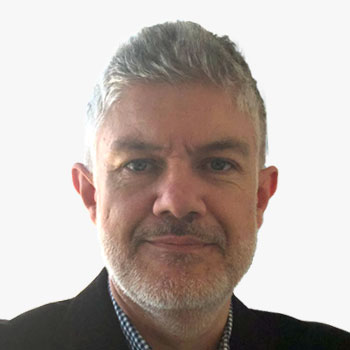
Matthew Harrison
Programme Director - Digital data services and infrastructure | BRGM | France

Tirza van Daalen
Director | Geological Survey of the Netherlands | The Netherlands
